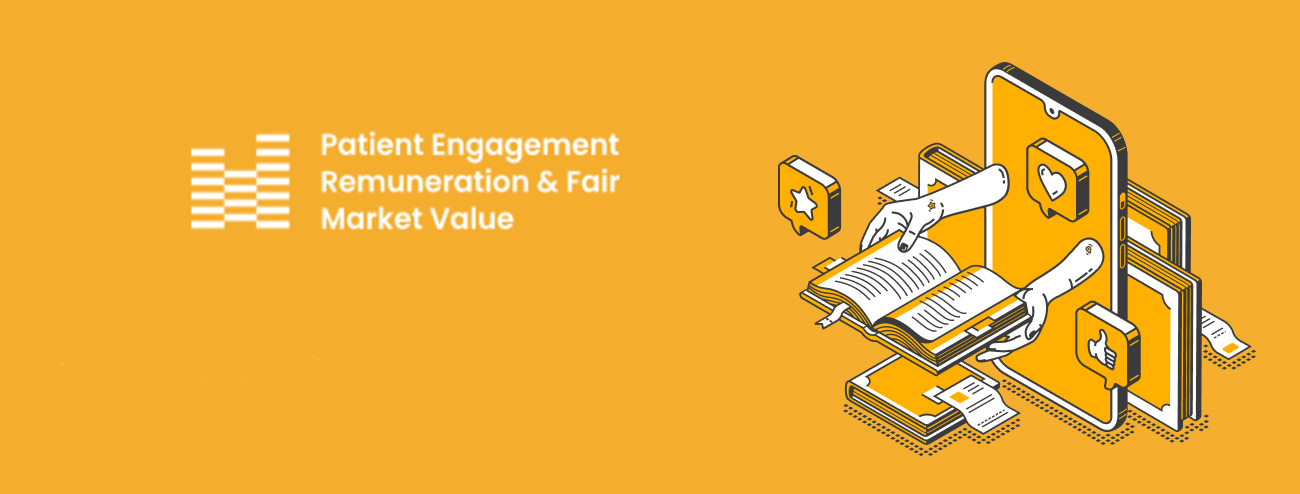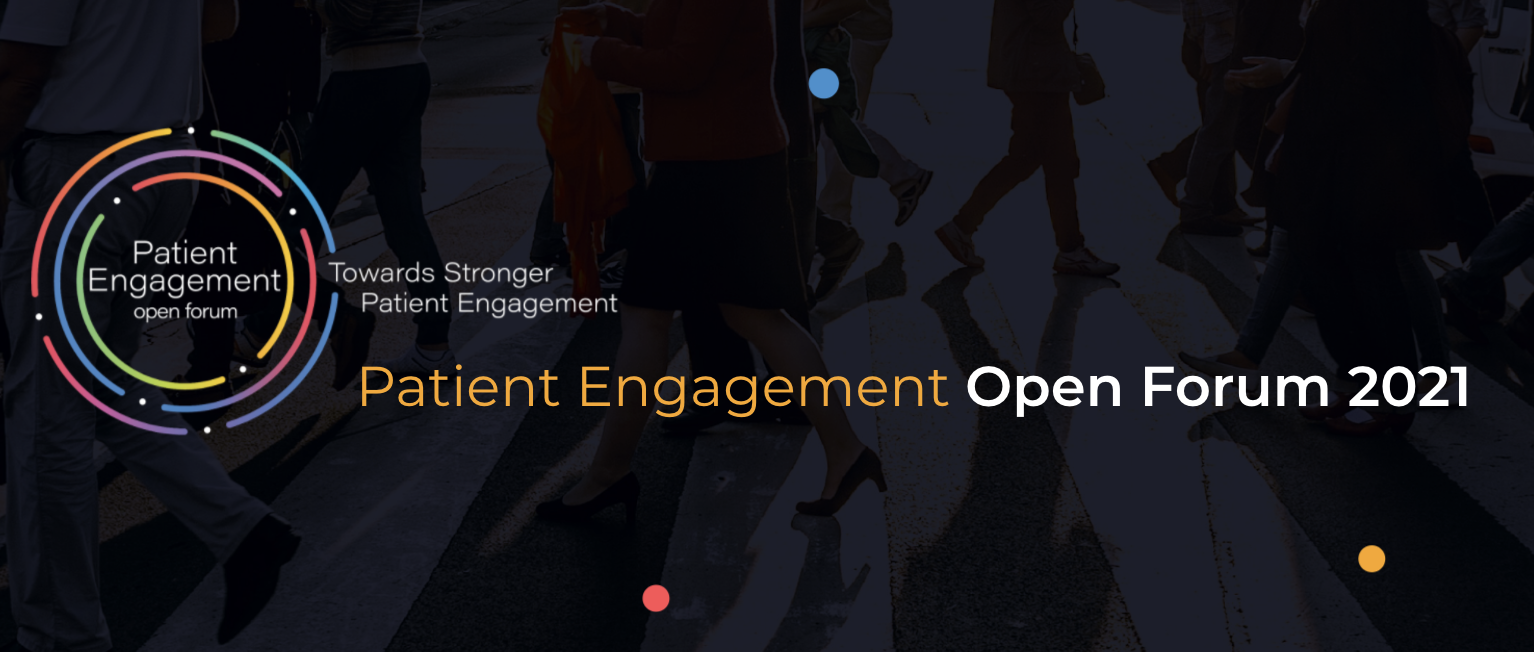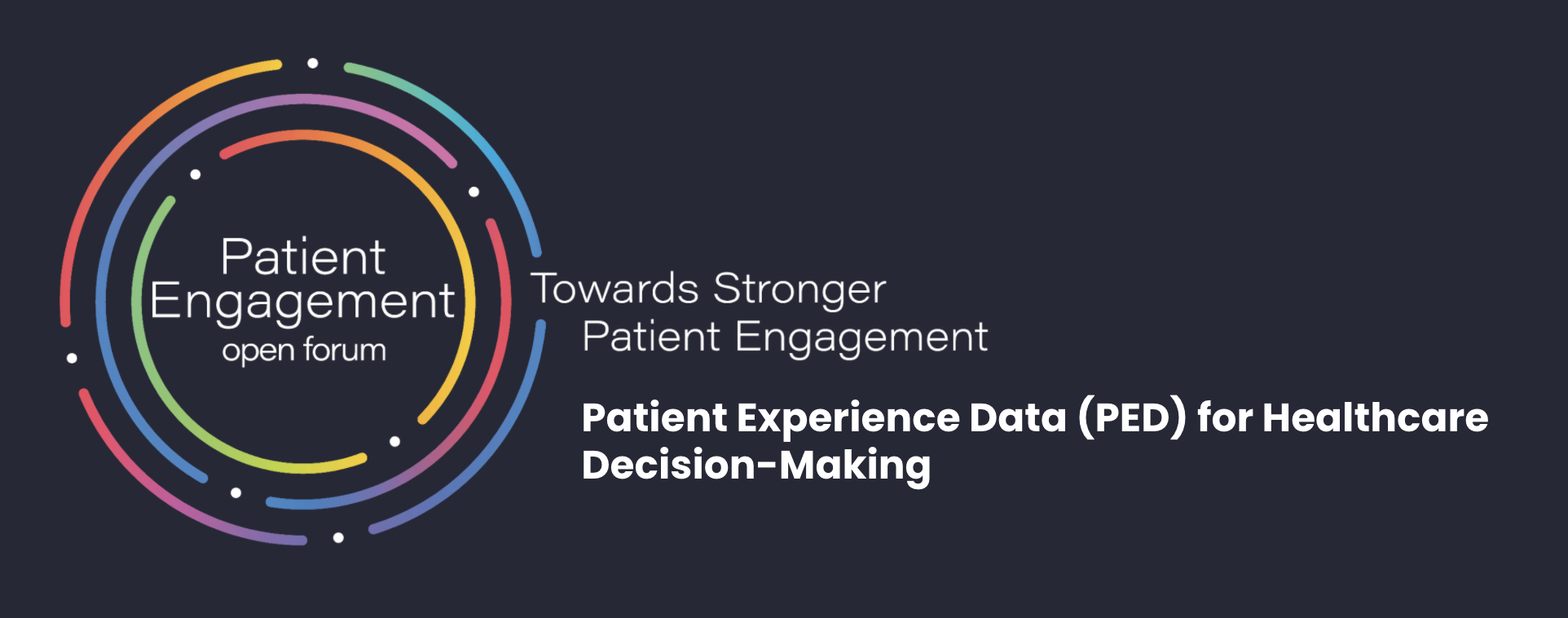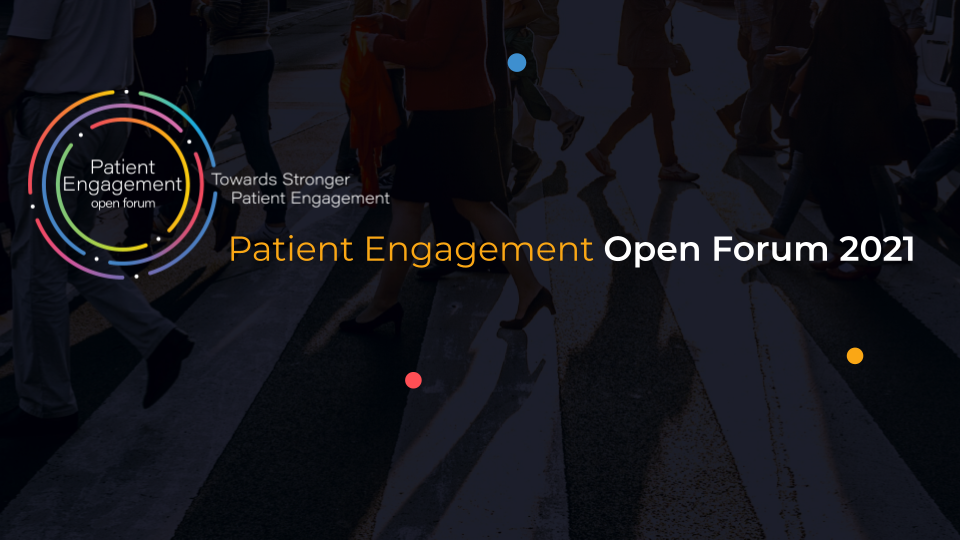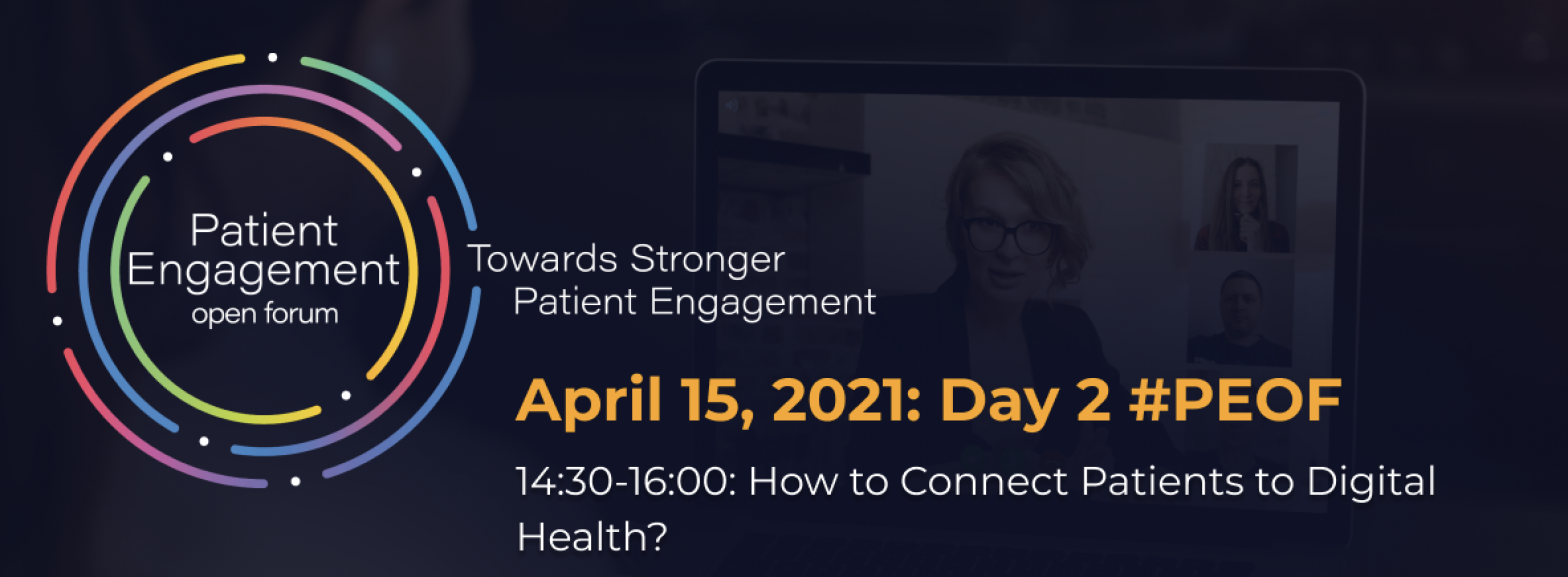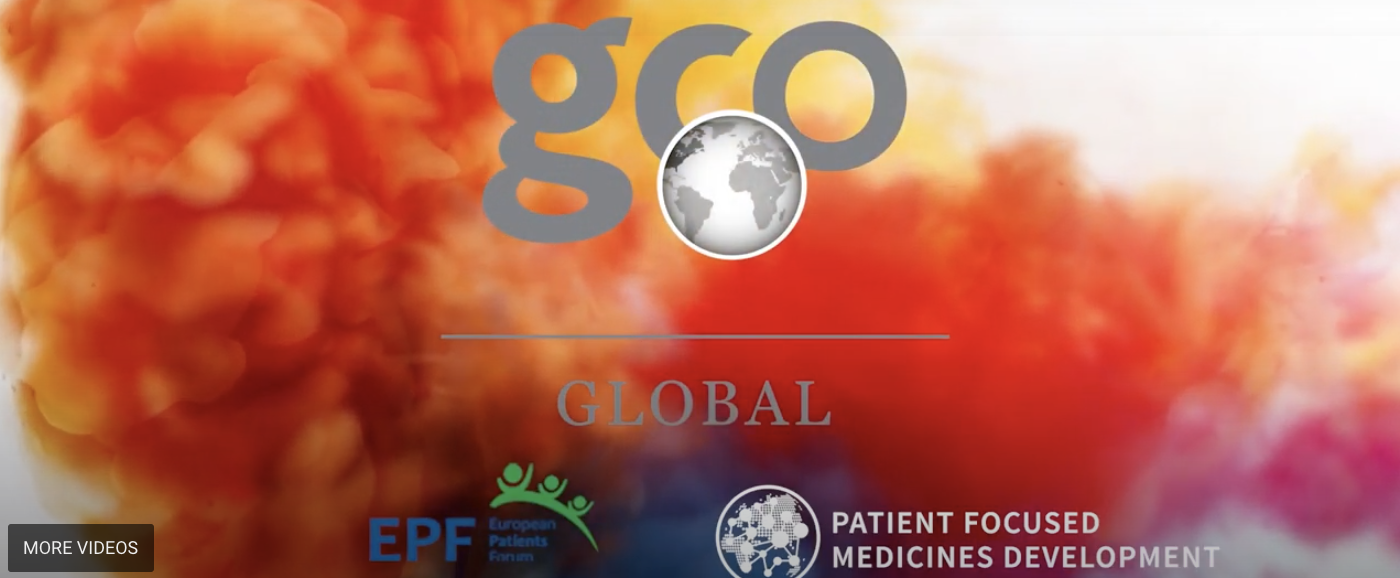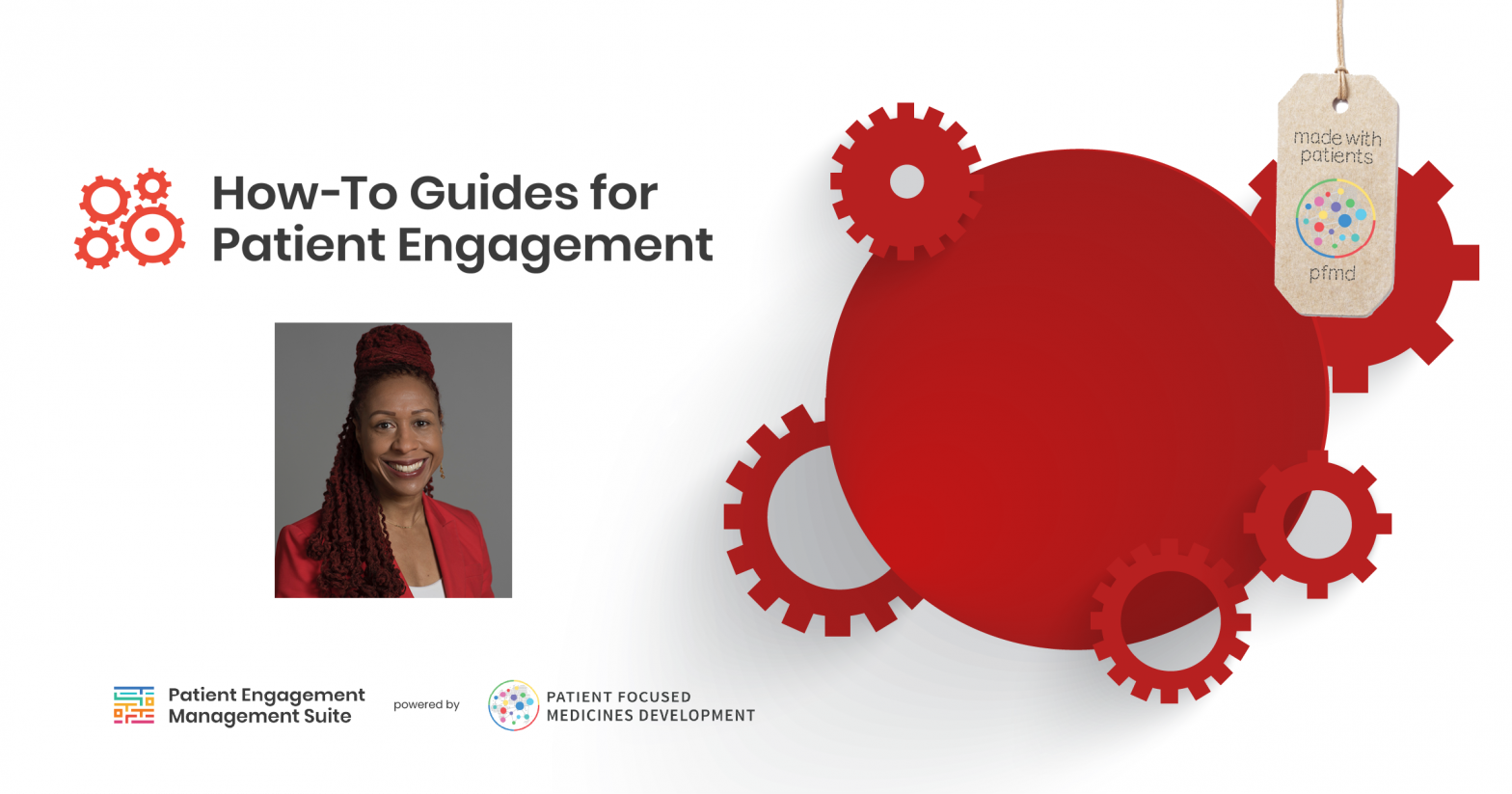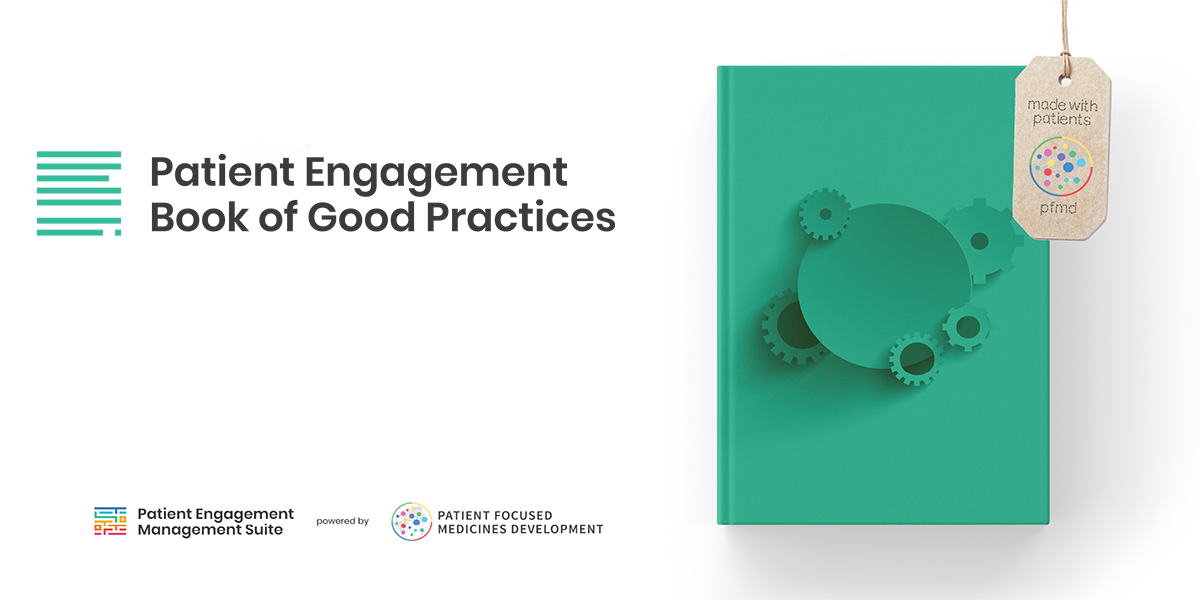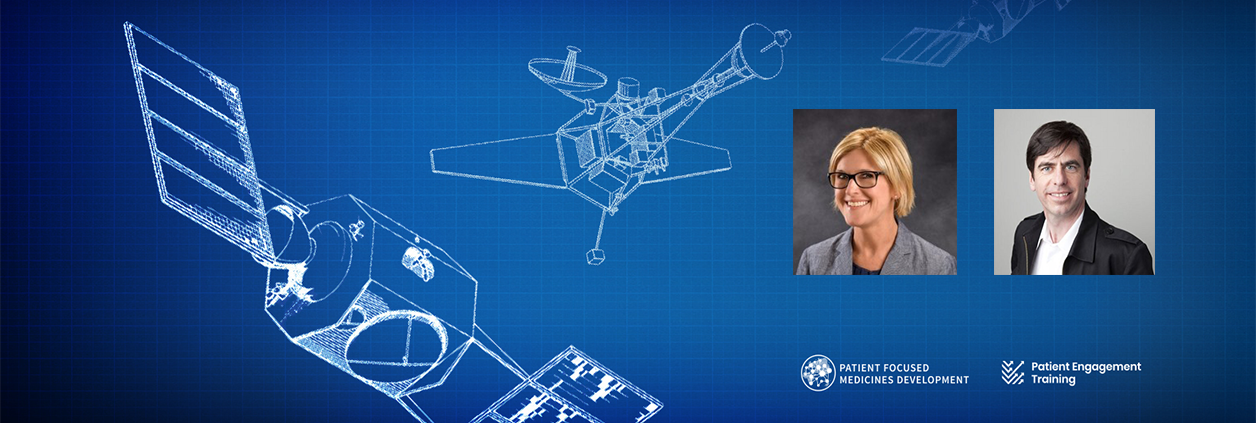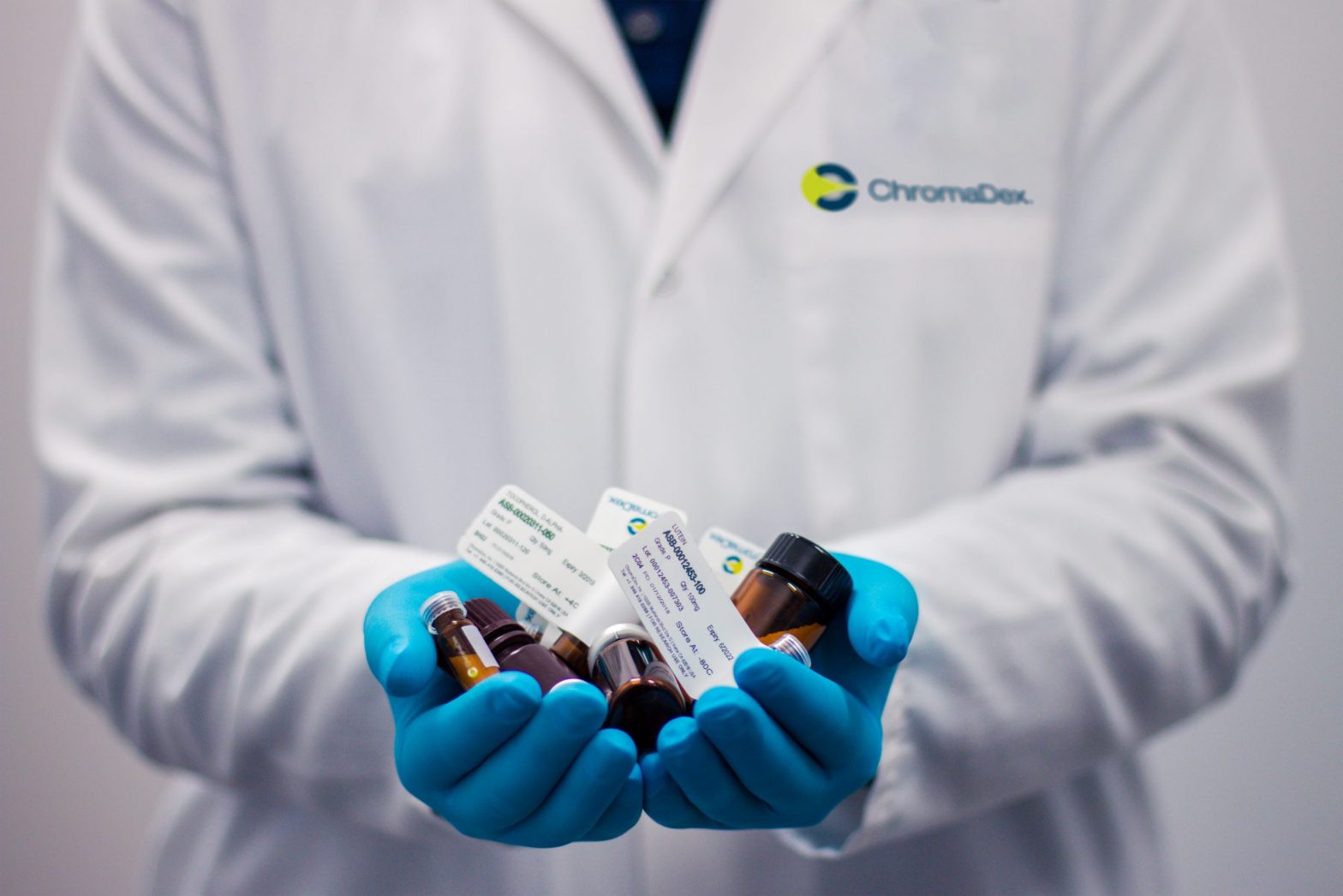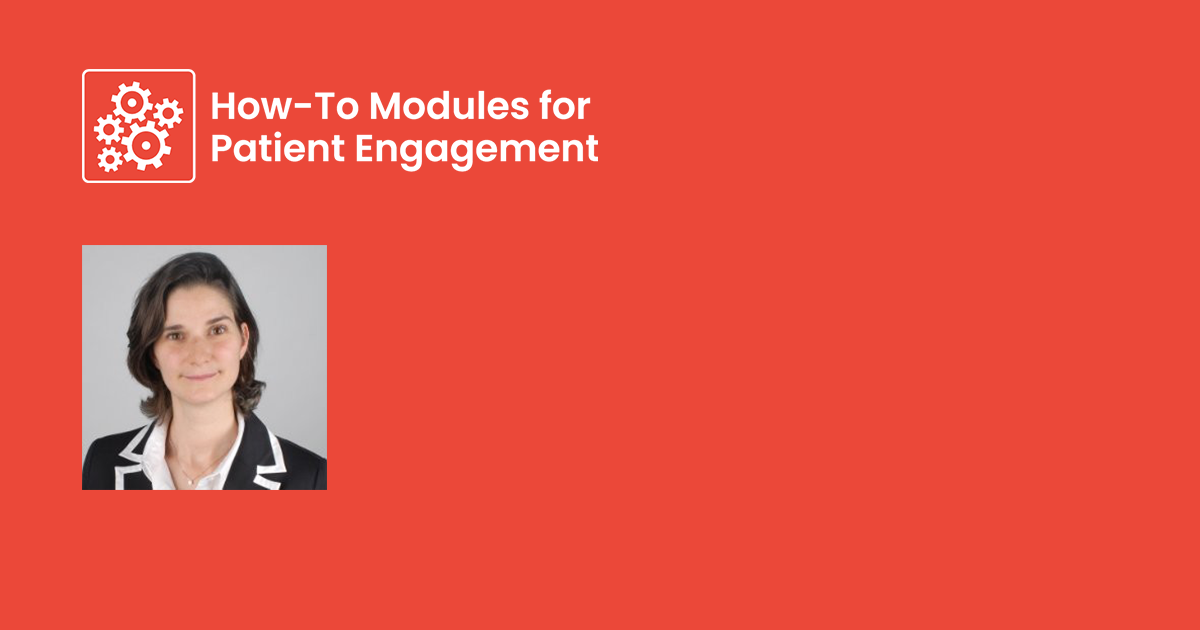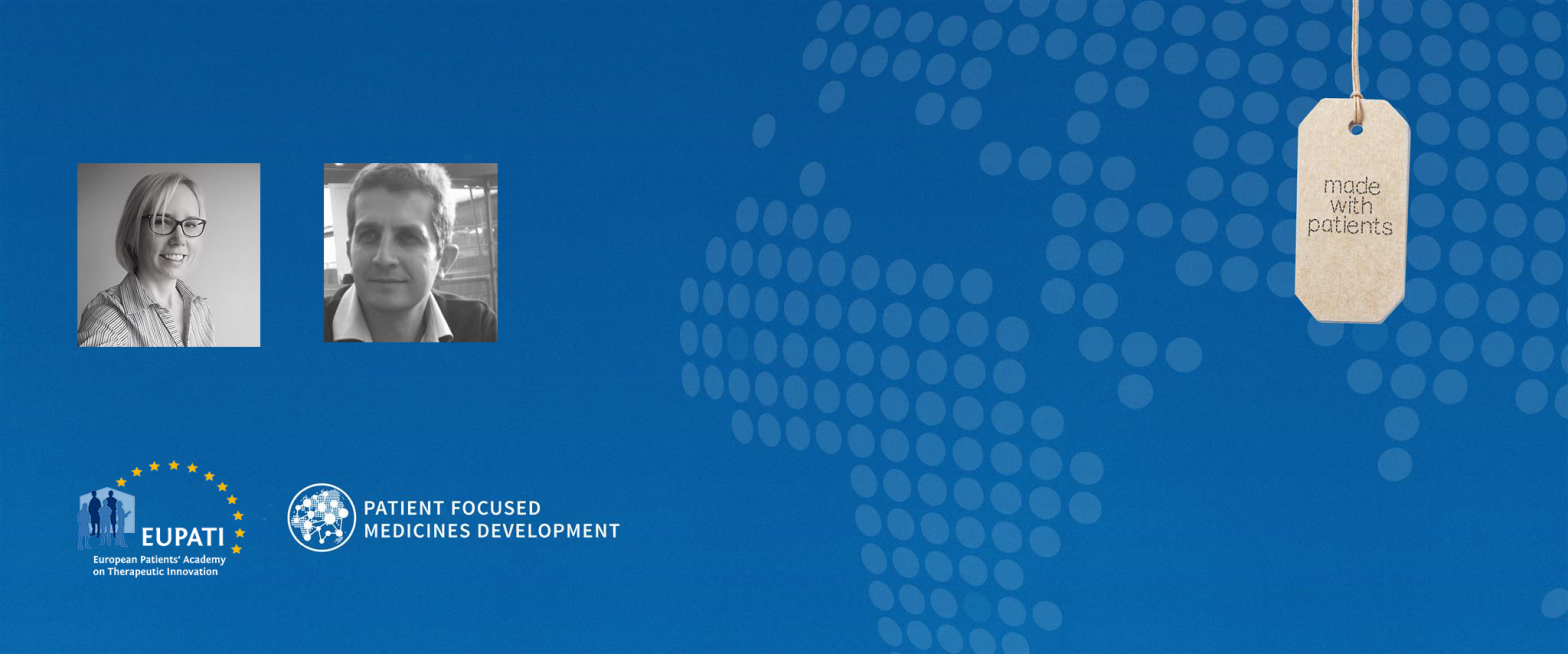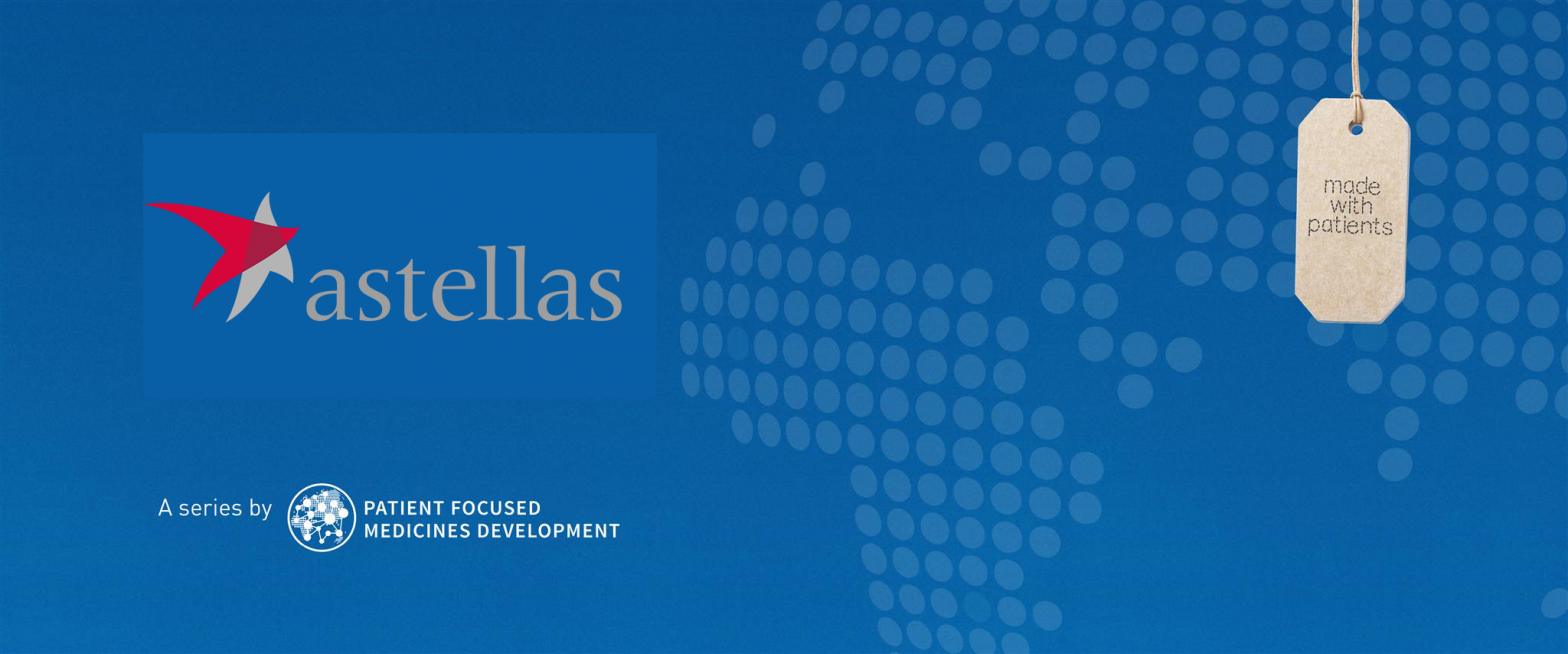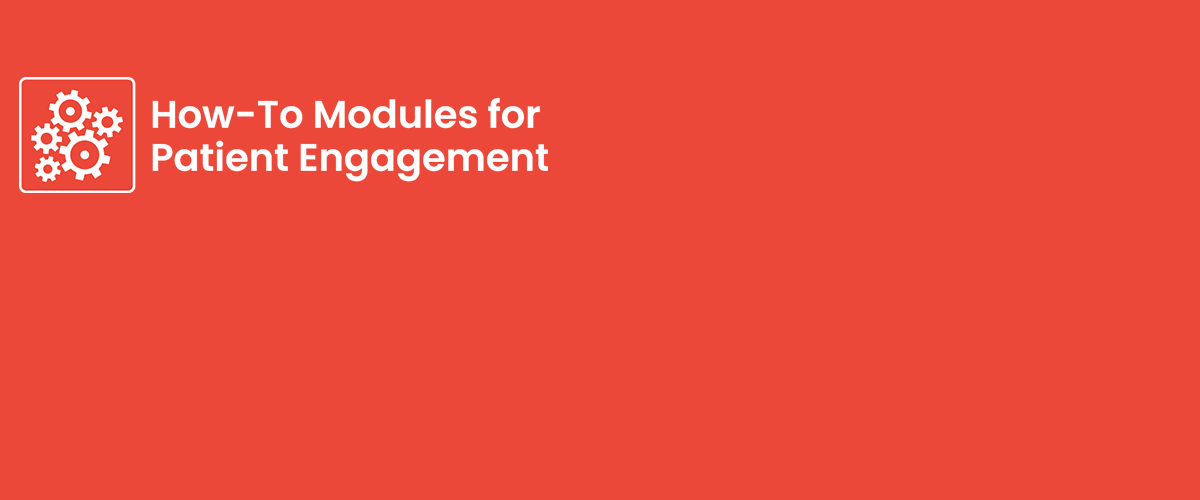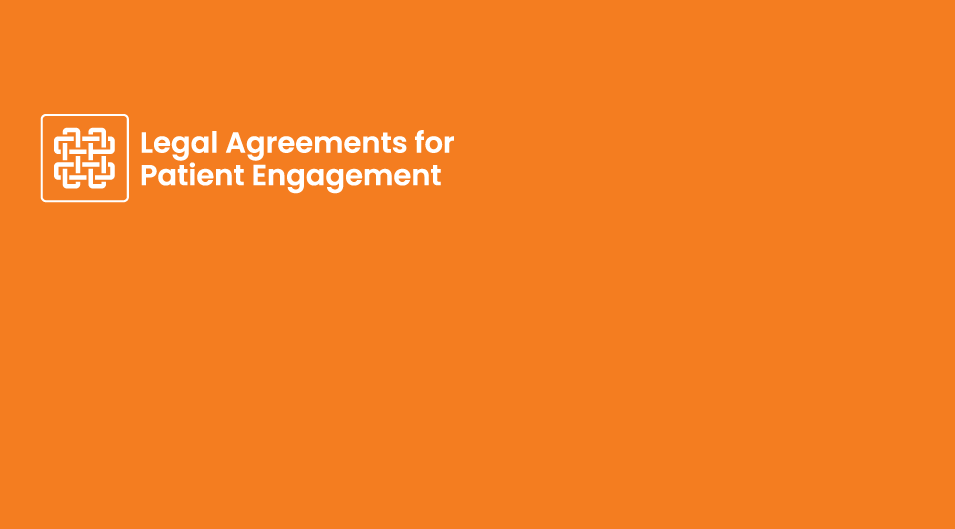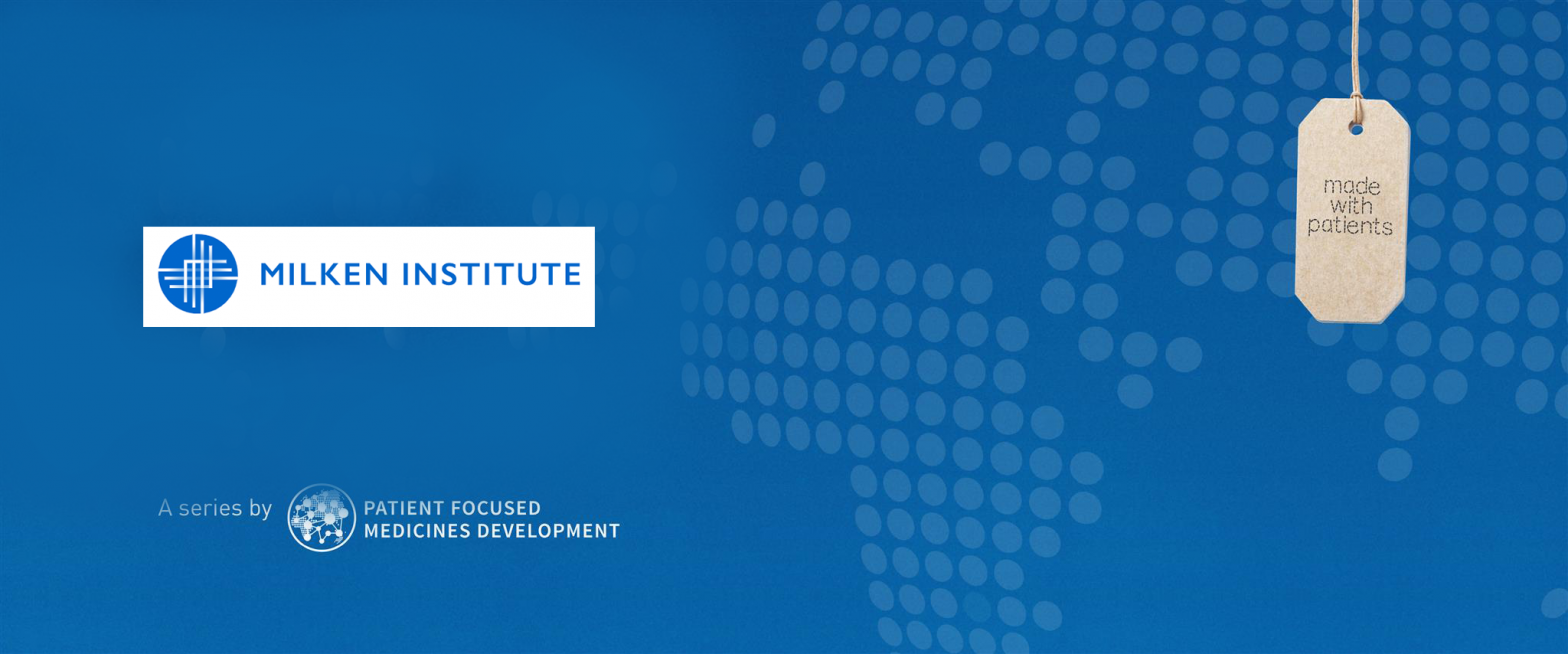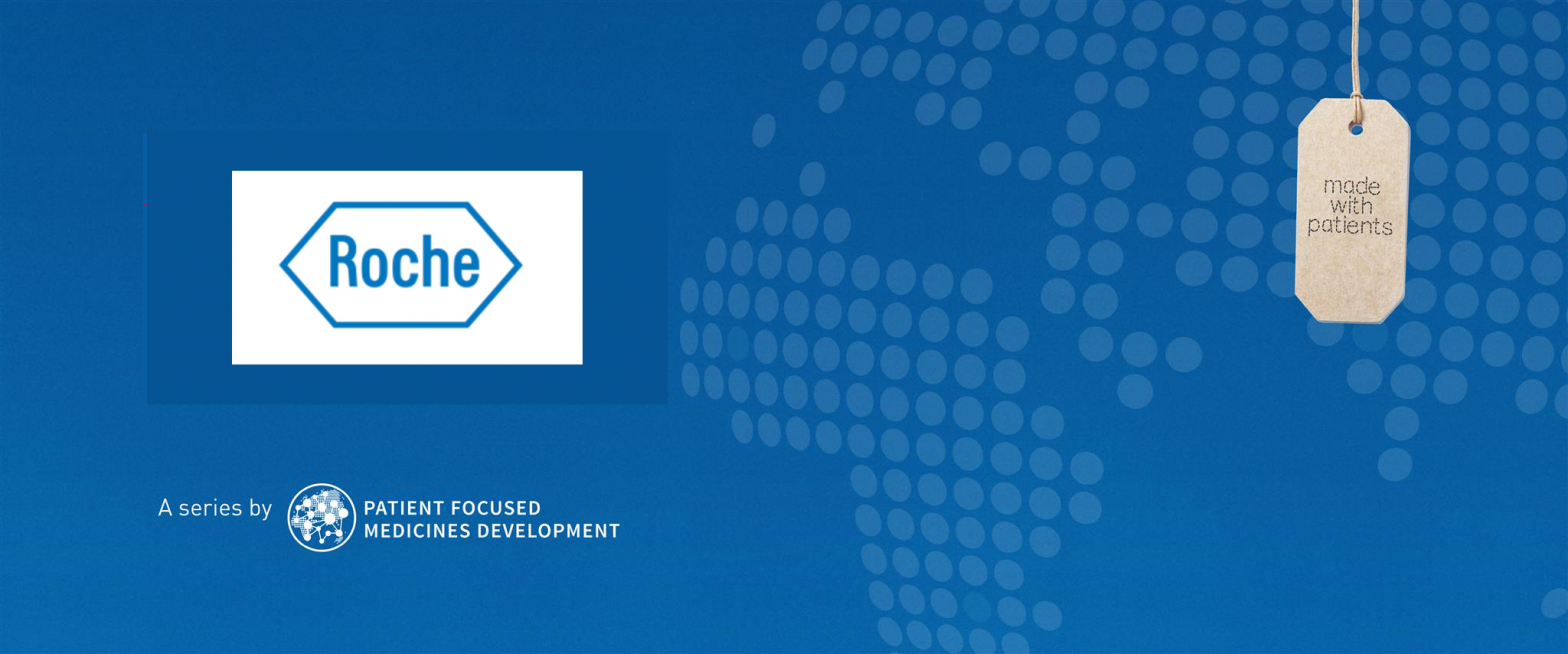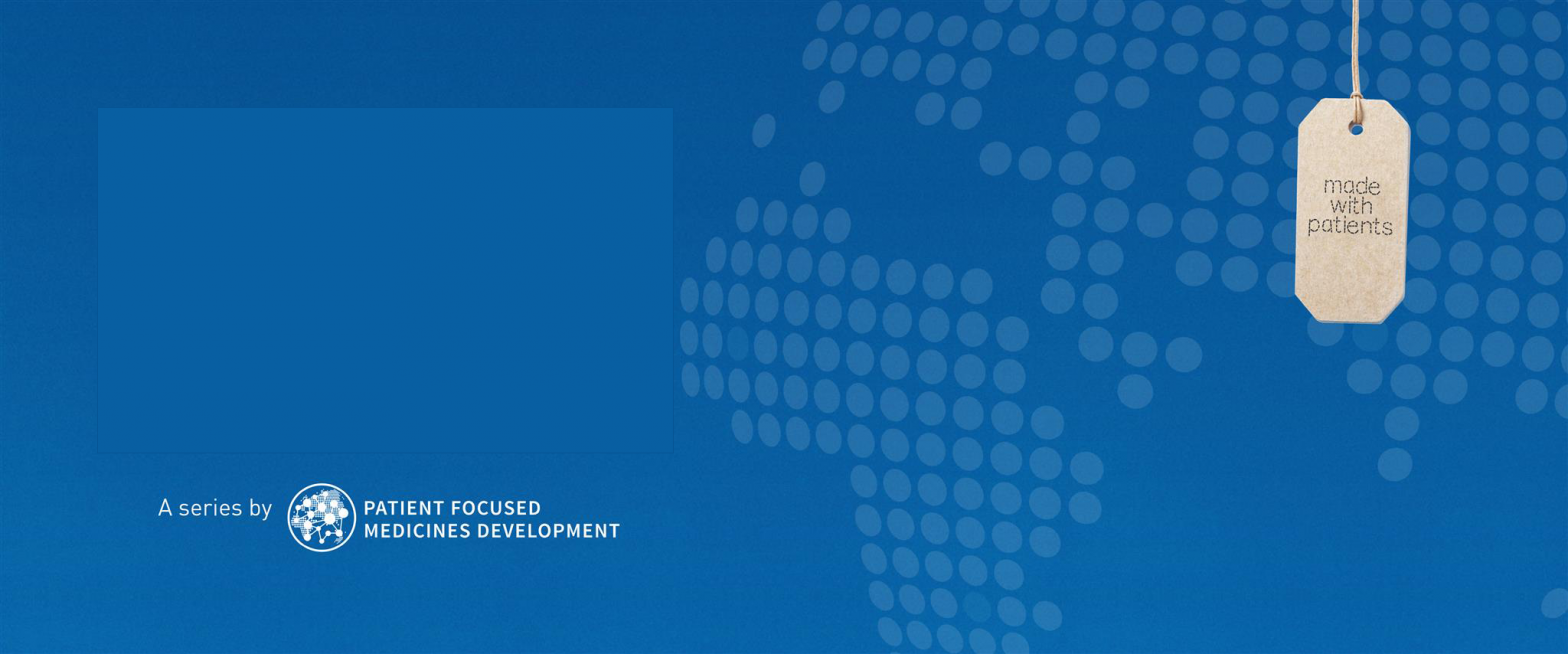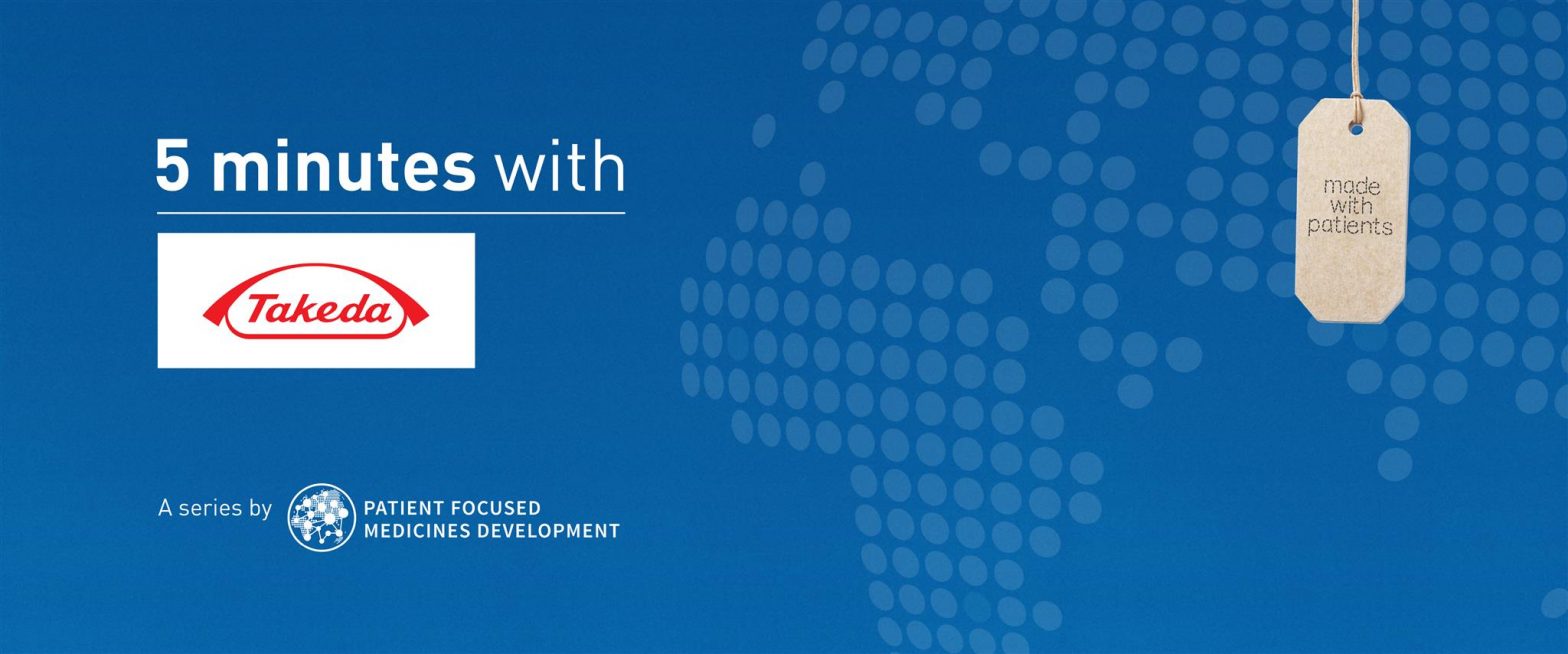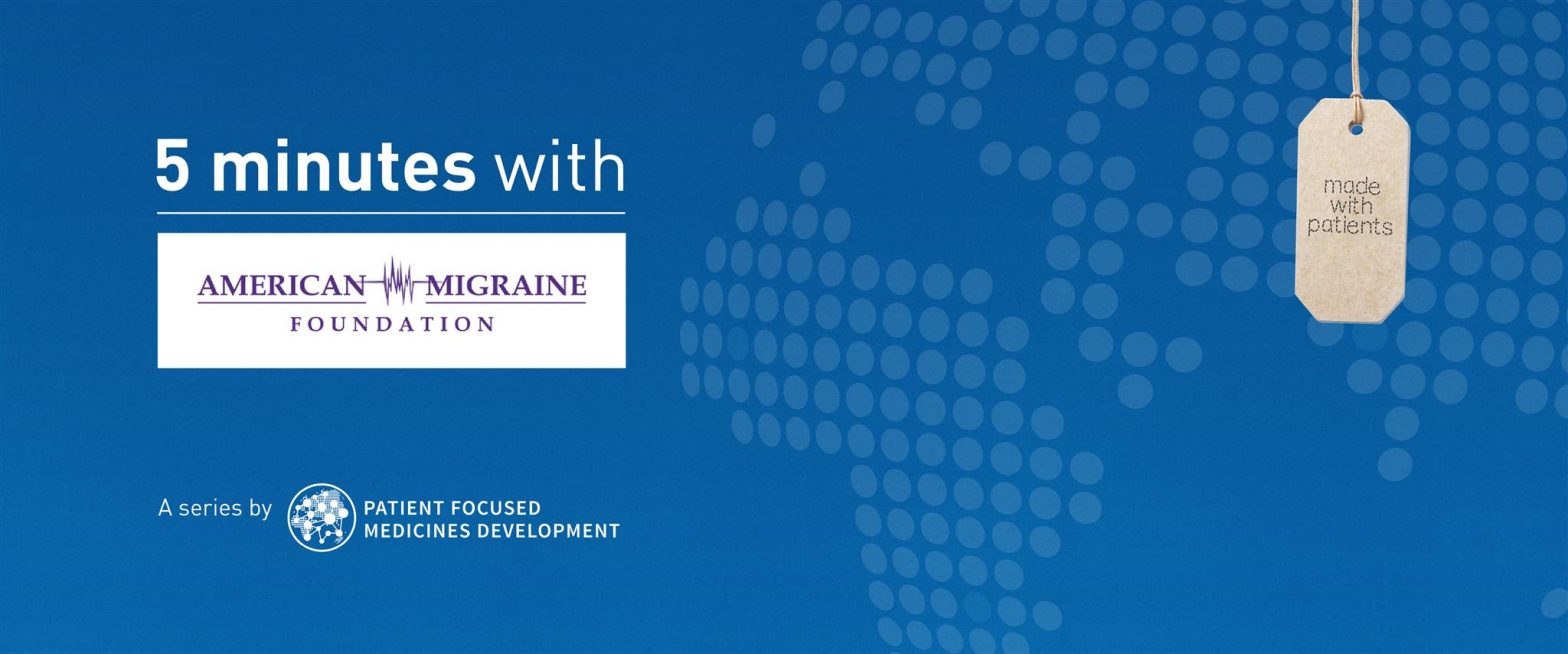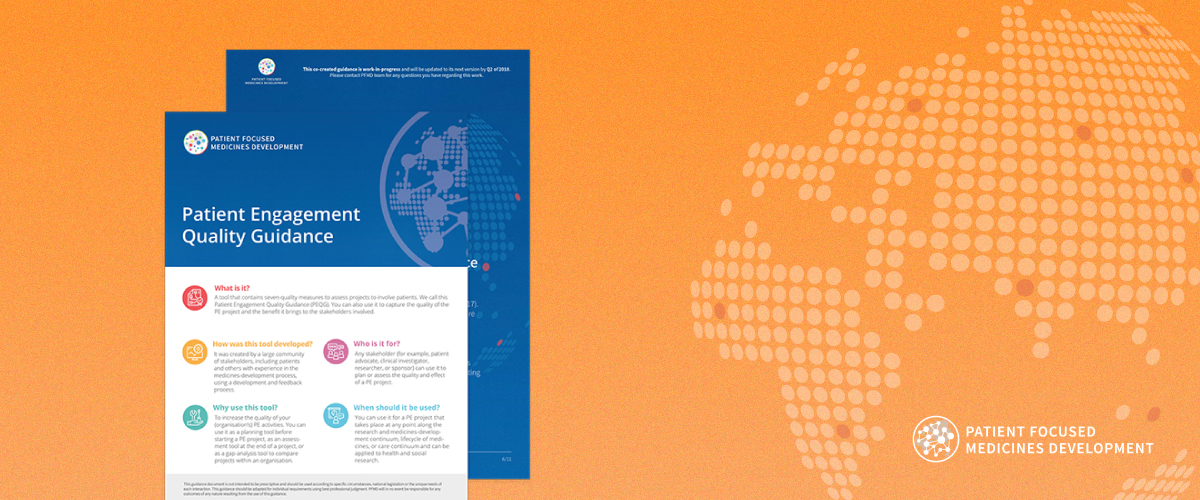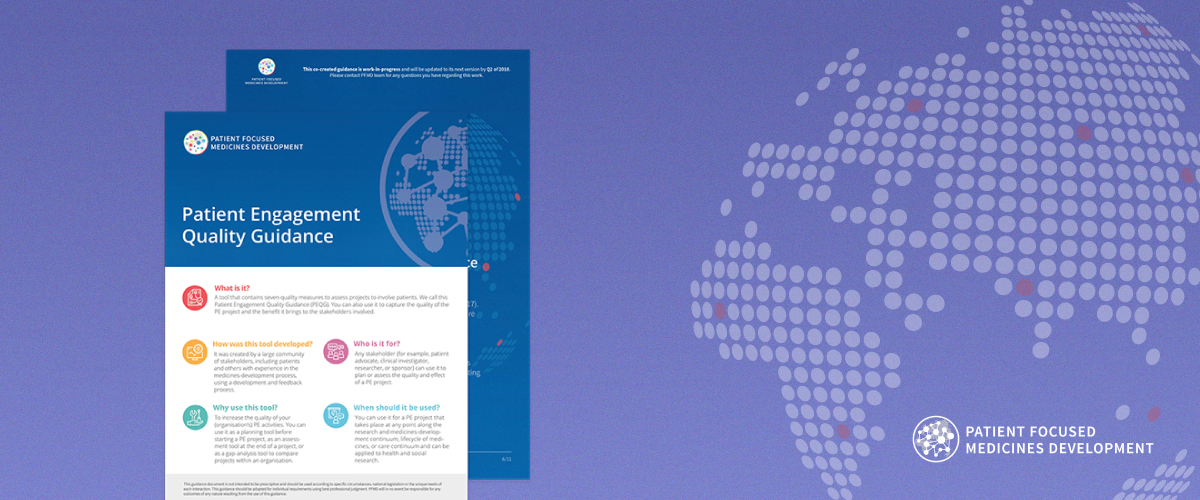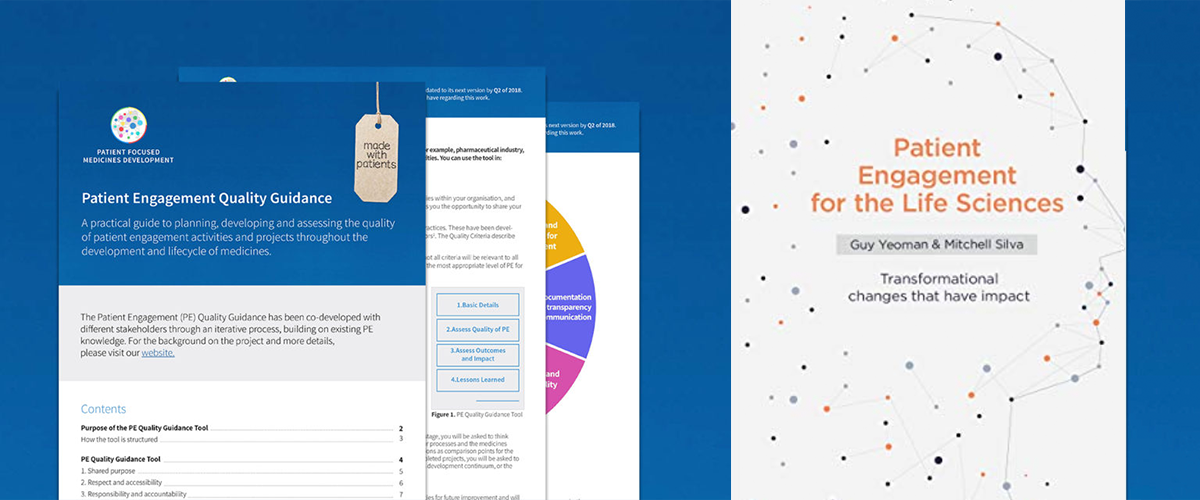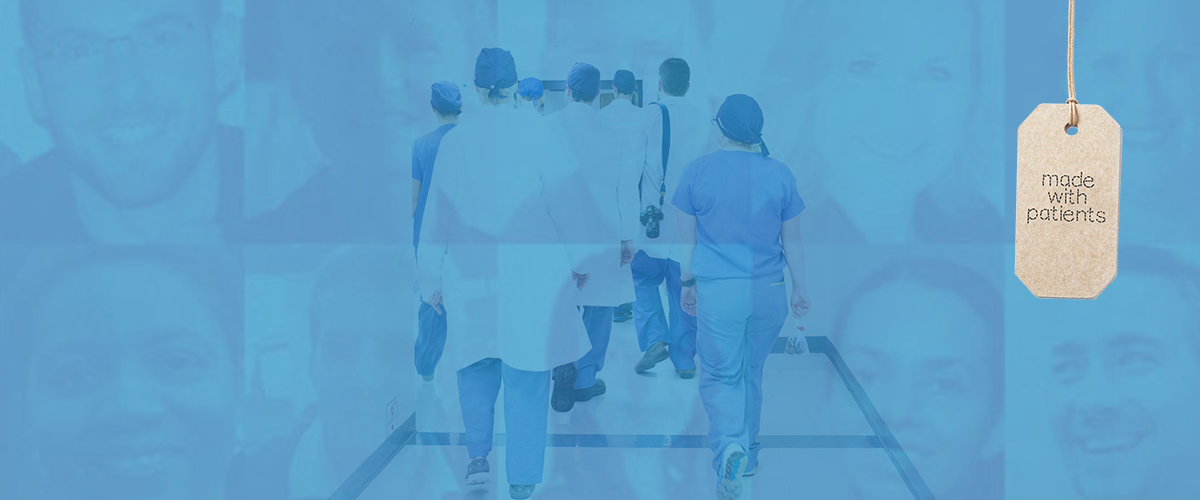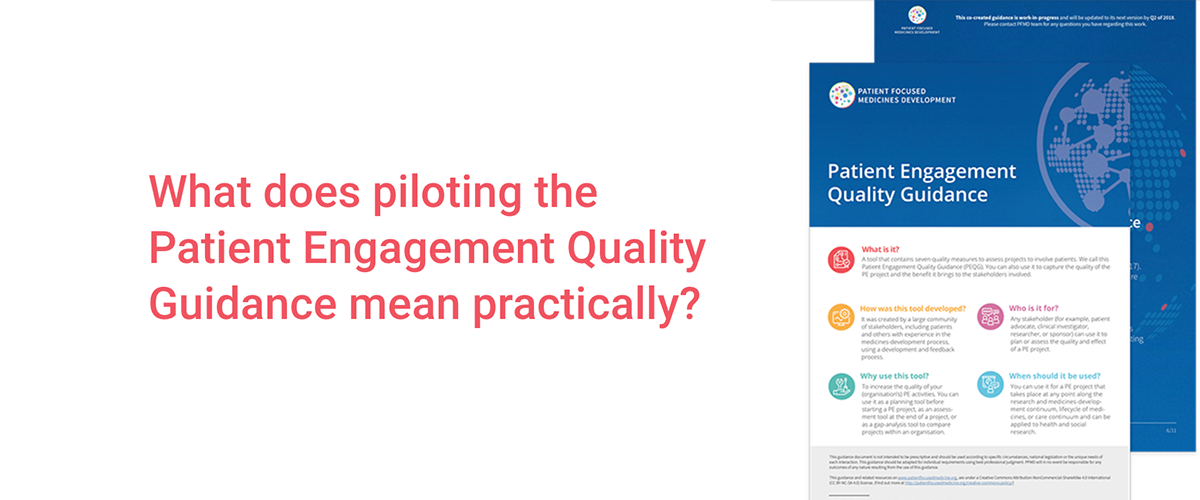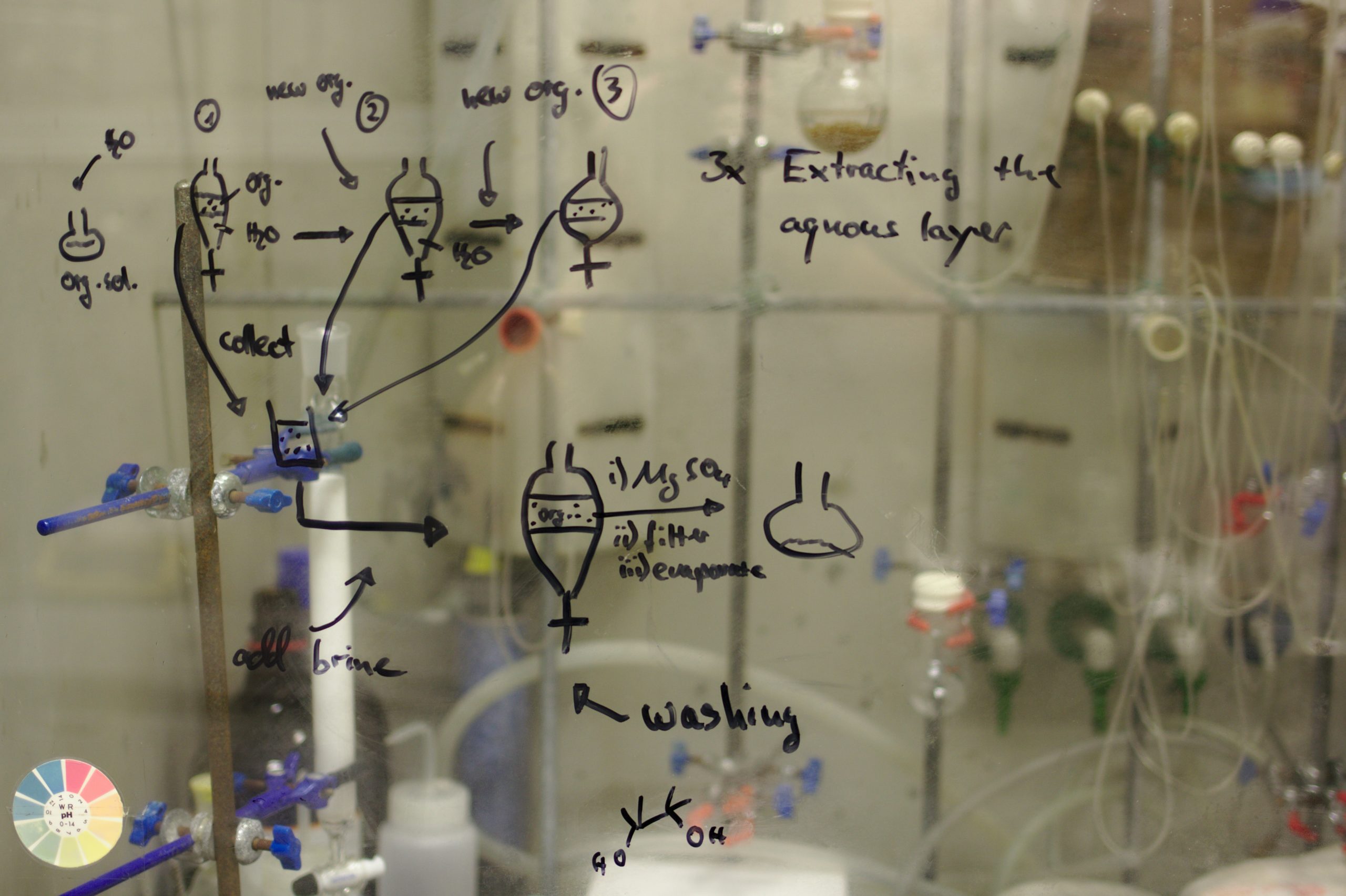The FDA appears to be taking its regulatory role to new levels as it seeks to shape a better medicines development ecosystem.
The recent statement by FDA Commissioner Dr Scott Gottlieb focused on new strategies to modernise clinical trials to advance precision medicine, patient protections and more efficient product development. PFMD welcomes this strong stance from the Administration, as the ethos of PFMD and enhanced patient engagement ultimately depends on a major paradigm shift in the traditional model of medicines R&D & delivery, during the whole lifecycle of a medicine.
New approaches to clinical trials can potentially allow earlier regulatory assessment of benefit and risk, says Gotllieb, adding that the FDA is also seeking new ways to modernise its approaches in order to accommodate these novel opportunities.
In the statement, however, he laments how these efforts are being hampered by a failure to depart from the historic R&D model of medicines development.
“These opportunities can be delayed or stymied by a clinical research enterprise that is often extraordinarily complex and expensive. Efforts to streamline medical product development based on advancing science can be frustrated by legacy business models that discourage collaboration and data sharing, and the adoption of disruptive technologies that make clinical research more effective.”
Gottlieb asserts that important therapeutic opportunities may be delayed or discarded because the trials needed to validate them will be ultimately unaffordable. He also says that the agency has seen “a continued reluctance to adopt innovative approaches among sponsors and clinical research organizations”.
“In some cases, the business model adopted by the clinical trial establishment just isn’t compatible with the kind of positive but disruptive changes that certain innovations can enable.”
The role of the patient in all of this is underscored by Gottlieb, who says new research paradigms are needed to break down barriers between real-world data and clinical research so that evidence can be shared rapidly to improve both domains across a learning health care system.
“For instance, more trials can incorporate data from electronic health records, and adopt electronic informed consent, to enrol more patients in clinical trials closer to where they live and work. This can reduce barriers to clinical trial participation and accelerate researchers’ ability to ask and answer important questions.”
The FDA is clearly happy to aid the industry in addressing these concerns; in recent weeks it issued guidance for sponsors on how they can incorporate patients with more challenging health conditions into oncology clinical trials.
The FDA is in the process of devising a series of methodological guidance on the collection of patient experience data, and the use of such data and related information in drug development. In addition to these methodological guidances, the FDA also issued guidance in December 2018 on developing and submitting proposed draft guidance relating to patient experience data.
Coupled with the latest statement, it appears the regulator is ahead of the industry in this regard and is urging agility and flexibility within the new R&D paradigm that is required. The FDA continues to drive system change by promoting and facilitating PE practices to its stakeholders.
In Europe, the European Medicines Agency (EMA) has had a longstanding commitment to patient inclusion and have been vocal on the benefits of working with patients throughout the process of drug development. At the recent DIA Europe 2019 conference, EMA chief executive Guido Rasi’s statement confirming that the EMA will play its role “to make patient engagement the norm by 2025” was especially promising. This serves to highlight the importance of all stakeholders in drug development and delivery while also acknowledging the need for a new model of R&D (as well as the rest of the medicines lifecycle), focusing on the patient.
PFMD welcomes these statements by the regulators and we have often highlighted how patient engagement can aid and streamline the clinical trials process. We salute the FDA in attempting to regulate drug development with a view to shaping a better health system that offers prompt access to innovative therapies for patients.
Making patient engagement happen for better patient outcomes and better-performing health systems and their players is what we aim for at PFMD. Such a strong commitment in that direction by regulators is definitely a positive disruption that will help us in achieving our collective aim.
FDA calls on industry to speed up trials process
Tags:






